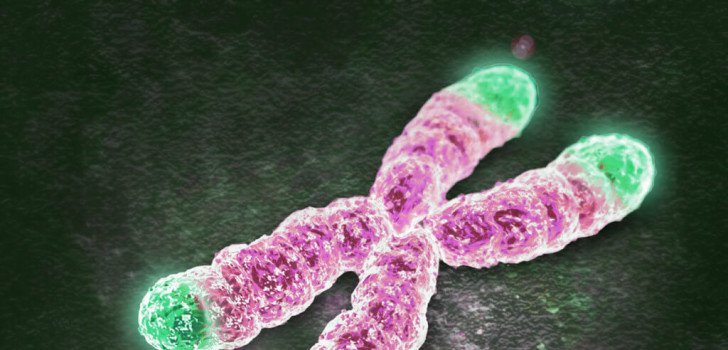A new test can predict with 100 per cent accuracy whether someone will develop cancer up to 13 years in the future.
Harvard and Northwestern University discovered that tiny but important changes took place in the body more than a decade before cancer was diagnosed.
Protective caps on the ends of chromosomes, which stop DNA damage, had significantly more wear and tear in those who went on to develop cancer. The caps looked like they belonged to a person who was 15 years older in people who went on to develop cancer.
The caps, known as telomeres, were shorter than they should have been and continued to get shorter until about four years before the cancer developed After the disease begins they suddenly stopped shrinking.
“Understanding this pattern of telomere growth may mean it can be a predictive biomarker for cancer,” said Dr Lifang Hou, the lead author and a professor of preventive medicine at Northwestern. “Because we saw a strong relationship in the pattern across a wide variety of cancers, with the right testing these procedures could be used eventually to diagnose a wide variety of cancers.”
Although some people may not want to know that they will develop cancer in the future, it could allow them to make lifestyle changes to greatly lower their risk. Researchers are also looking at how telomeres can be regrown.
Insurance companies, though, warn that such a test could push up policy premiums.
Matt Sanders, who runs the protection products group at GoCompare, said people with such a diagnosis could be priced out of the insurance market. “If this test showed 100 per cent probability over a certain number of years then it could affect premiums. It would be the equivalent of living in a high theft area for someone looking for home insurance,” he said.
This stance highlights how cutting edge data can be used by big corporation to prey on everyday Americans. The rate at which corporations can adopt and price in these advancements is much faster than our lawmakers can impose rules on how to fairly account for the new findings.
Stay Connected